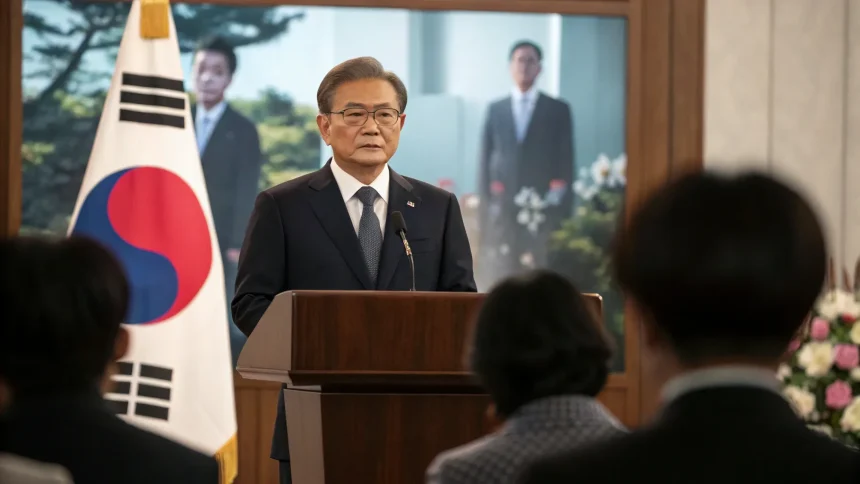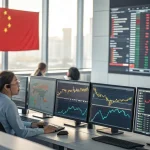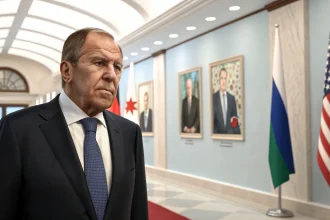Han Duck Soo, South Korea’s acting president and prime minister, announced his resignation on Thursday during a live televised address to the nation. The 75-year-old conservative politician’s departure has sparked widespread speculation about his political future.
During his address, Han stated that while he was stepping down from his current positions, he hoped to “take on even greater responsibility” in the future. Though he stopped short of making any explicit declarations about his next move, his comments have been widely interpreted as a signal of his presidential ambitions.
Timing Points to Presidential Bid
Han’s resignation comes at a critical moment in South Korean politics, with the presidential election scheduled for June 3. The timing of his announcement has led many political analysts and media outlets across South Korea to conclude that Han is positioning himself to enter the race.
As both acting president and prime minister, Han has been one of the most powerful figures in the current South Korean government. His experience in these top leadership positions could serve as a strong foundation for a presidential campaign, offering voters a candidate with direct executive experience.
Political Background
Han Duck Soo has long been a fixture in South Korean politics. As a conservative politician, he has held multiple high-ranking positions throughout his career. His current dual role came about through constitutional provisions that placed him as acting president while also serving as prime minister.
Political observers note that Han’s conservative credentials may appeal to right-leaning voters who are looking for stability and continuity in government. His extensive experience in economic policy could also be an asset as South Korea faces various economic challenges.
Election Landscape
The June 3 presidential election is shaping up to be highly competitive. Han would be entering a field that already includes several prominent politicians from across the political spectrum.
If Han does announce his candidacy, he would need to:
- Formally register as a candidate
- Establish a campaign platform
- Build coalition support within conservative political circles
- Address questions about his age (75) in a country that has seen a push for younger leadership
South Korean media has been quick to analyze the implications of Han’s resignation. Many political commentators suggest that by stepping down now, Han is giving himself adequate time to organize a campaign team and develop his electoral strategy before the June vote.
“I am resigning from my roles,” Han stated during his address, carefully framing his departure in terms that left the door open for his political future. His choice of words about taking on “greater responsibility” has been particularly noted by political analysts as a clear hint at presidential ambitions.
The resignation creates an immediate need for new appointments to fill the positions Han has vacated. The process of selecting new leadership for these roles will likely become another focal point of political discussion in the coming days.
As South Korea prepares for this important election, Han’s next moves will be closely watched. Whether he officially declares his candidacy in the coming days or weeks remains to be seen, but his resignation has already significantly altered the political landscape ahead of the June vote.









